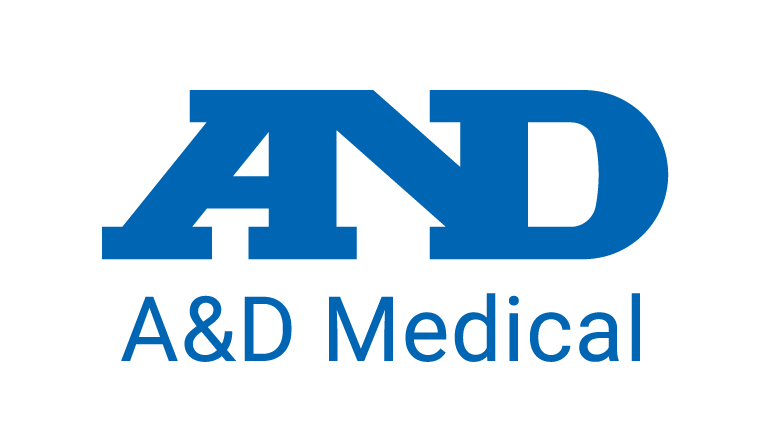Sleep & Heart Health
What is one of the best things you can do every day to lower your risk of heart disease and heart attack?
We’ll give you a hint: it’s so easy, you can do it in your sleep.
Actually, the answer is sleep.
Sleep is sometimes treated as a luxury, but when it comes to keeping you and your heart healthy, it is very much a necessity. Here are just a few of the reasons you should make catching enough ZZZs a part of your routine.
The Risks
We all fall behind on sleep every now and then, but making a habit of it can have some serious consequences. It can mess with your mental acuity, impair your judgment, and even lead to developing high blood pressure or Type 2 Diabetes.
If that’s not sinking in, here’s the stone-cold sober truth about sleep and your heart: regardless of other factors (such as weight, age, and exercise), not getting enough sleep increases your risk of heart disease, heart attack, and stroke.
The Rewards
Okay, now that we hopefully have your attention, here’s some good news. There are plenty of positives that come from getting enough sleep.
In addition to a reduced risk of heart-related health issues, a good night’s sleep equals a faster metabolism, greater endurance, stronger immunity, a sharper brain, and lower blood pressure.
Basically, a well-rested you is a better you.
A good night’s sleep
So, what exactly is a good night’s sleep? If you don’t know the answer to that, odds are, you’re not getting one. For adults, it’s anywhere from 7 to 8 hours. Generally speaking, whatever amount of sleep allows you to wake up naturally and feeling rested is the amount of sleep you need.
Conditions like sleep apnea and insomnia can further complicate matters, which is why it’s important to be honest with your doctor about any sleep issues. Simple treatments and adjustments can have you on your way to a well-rested you and a healthier heart.





